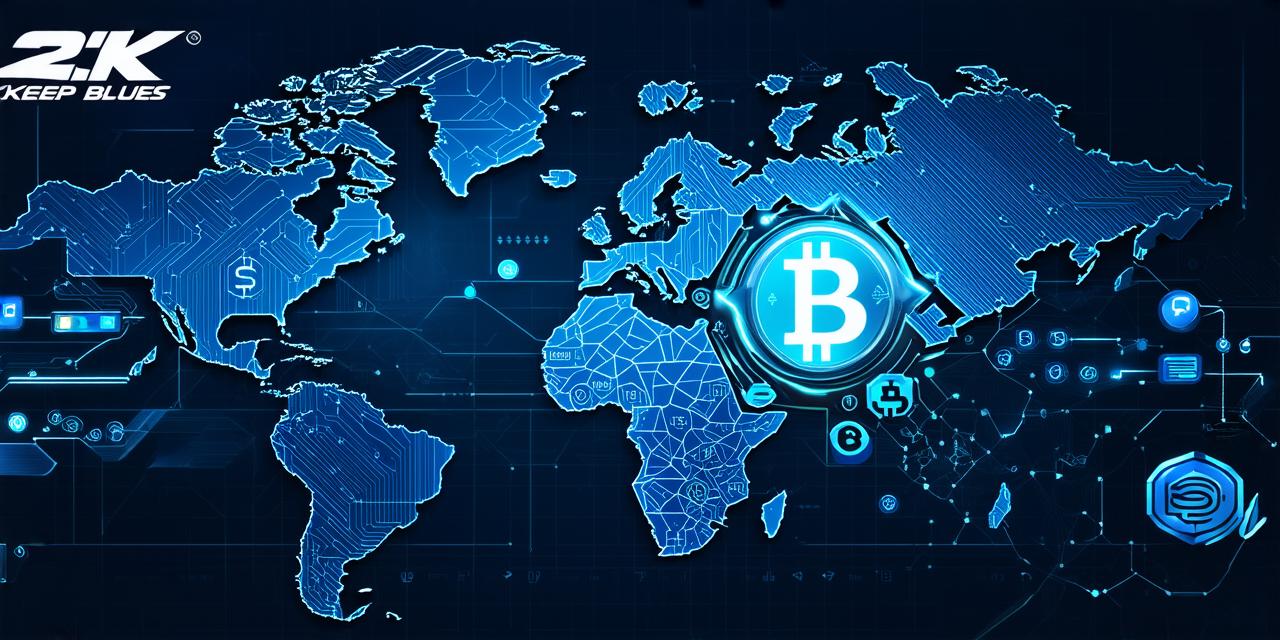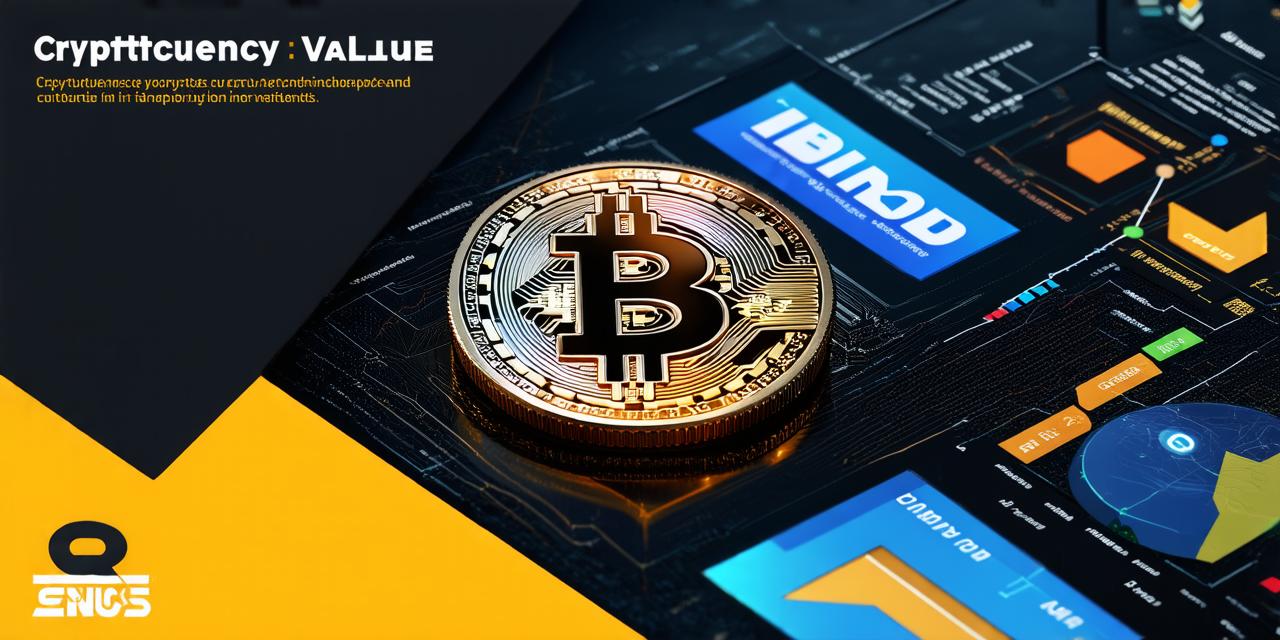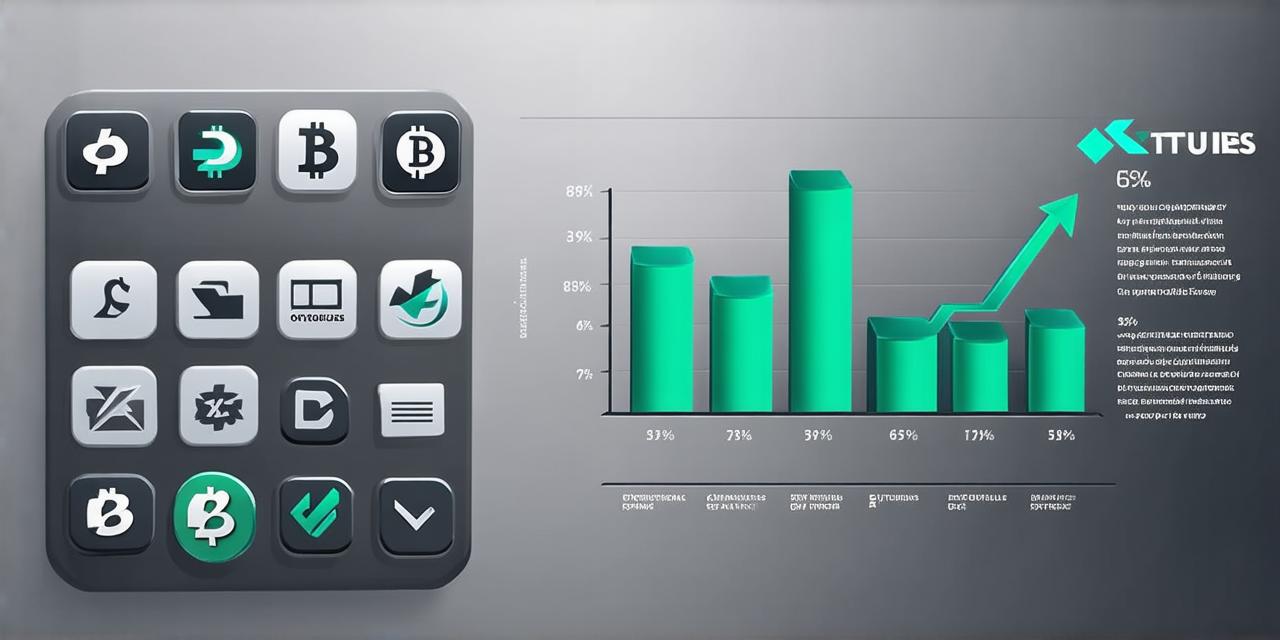Cryptocurrency is often hailed as a revolutionary technology that enables secure and decentralized financial transactions. However, what does it mean for something to be decentralized in the context of cryptocurrency? In this article, we will explore the concept of decentralization in cryptocurrency and its implications on the future of finance.
What is Decentralization in Cryptocurrency?
Decentralization in cryptocurrency refers to the fact that there is no central authority controlling the network or the transactions that occur within it. Instead, the network is maintained by a distributed ledger called a blockchain, which is run by a network of nodes. These nodes are typically computers owned and operated by individuals, rather than large financial institutions.
Decentralization has several implications for cryptocurrency. Firstly, it enables greater security and transparency. Since there is no single point of failure, the network can continue to function even if one or more nodes fail or go offline. Additionally, all transactions on the network are recorded on a public ledger, making them transparent and easily auditable.
Decentralization also enables greater control over transactions. With cryptocurrency, users have complete control over their funds and can make transactions without intermediaries such as banks. This gives individuals more autonomy over their finances and enables them to make transactions with anyone on the network, regardless of their location or identity.
Understanding Decentralization in Practice
To understand decentralization in practice, let’s take a look at some real-life examples. One of the most well-known cryptocurrencies is Bitcoin. It was created in 2009 by an unknown individual or group under the pseudonym Satoshi Nakamoto. Unlike traditional currencies that are issued and controlled by central banks, Bitcoin operates on a decentralized network that is maintained by miners who validate transactions and add them to the blockchain.
Another example of decentralization in practice is Ethereum. It is a cryptocurrency that enables developers to build smart contracts, which are self-executing programs that automate complex financial transactions. Unlike traditional financial institutions, smart contracts operate on a decentralized network that is maintained by nodes around the world.
The Future of Decentralization in Finance
The concept of decentralization is not limited to cryptocurrency and has broader implications for the future of finance. As more people gain access to the internet, the need for intermediaries such as banks and other financial institutions may become less important. Instead, individuals may be able to conduct transactions directly with one another, using decentralized technologies like blockchain and smart contracts.
Decentralization also has the potential to democratize finance by enabling greater access to financial services for people who are currently underserved or excluded by traditional financial institutions. For example, in some parts of Africa and Asia, mobile payment systems have enabled individuals to conduct transactions without needing a bank account. These systems operate on decentralized networks that are maintained by local communities, making them more resilient and accessible than traditional financial institutions.
FAQs
What is a blockchain?

A blockchain is a distributed ledger that records all transactions on the cryptocurrency network. It is decentralized, meaning that there is no single point of failure and the network can continue to function even if one or more nodes fail or go offline. Each block in the chain contains a record of multiple transactions, and once a block is added to the chain, it cannot be altered or deleted.
How does decentralization enable greater security and transparency?
Decentralization enables greater security and transparency because there is no single point of failure. The network can continue to function even if one or more nodes fail or go offline. Additionally, all transactions on the network are recorded on a public ledger, making them transparent and easily auditable. This means that any fraudulent activity can be detected and addressed quickly, without the need for intermediaries like banks.
What is a smart contract?
A smart contract is a self-executing program that automates complex financial transactions. It operates on a decentralized network, meaning that it does not require intermediaries like banks or other financial institutions to execute.



